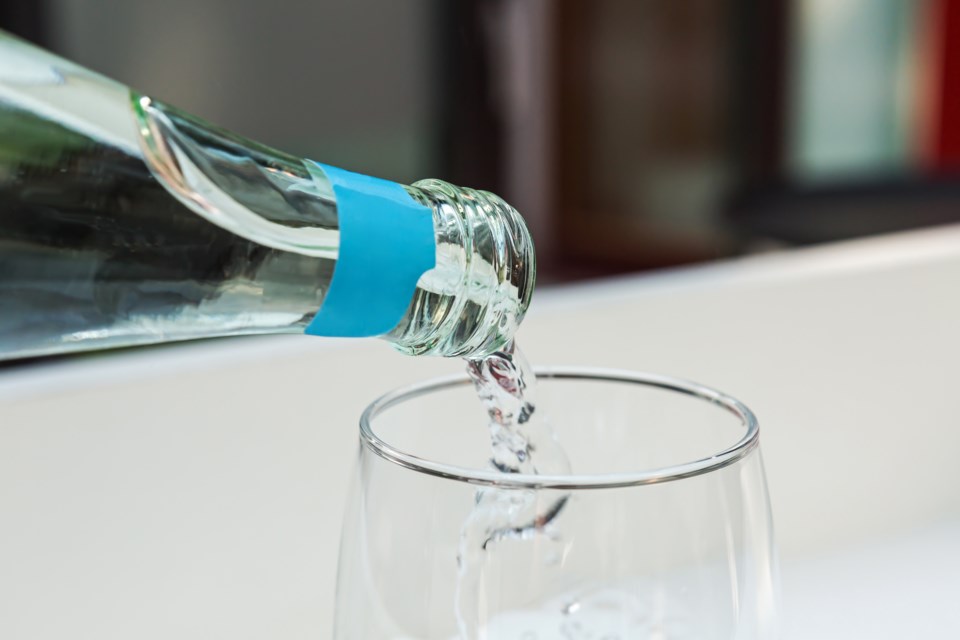February marks the end of Dry January, and some Canadians who participated in it might return to enjoying their two standard alcoholic drinks.
In mid-January, the Canadian Centre on Substance Use and Addiction released the latest update on Canada's Guidance on Alcohol and Health.
The new guidelines advise Canadians to limit their alcohol consumption to two drinks per week, a drastic decrease from the 2011 standards.
Similarly, a recent Canadian Cancer Society report found that that 42 per cent of alcohol-consuming Canadians are drinking it at a level that comes with serious health risks.
Although Dry January is over, today marks the beginning of Dry February, also known as #DryFeb.
What is Dry February?
#DryFeb is similar to Dry January in that both campaigns encourage alcohol consumers to stop drinking for a month.
Dry January began around 2013 by Alcohol Change UK, a British charity. The once local campaign gained traction and became a global phenomemon.
Dry February is also a national fundraiser run by the Canadian Cancer Society, now in its eighth year.
Unlike Dry January, which mostly challenges people to cut out drinking for financial and general health reasons, #DryFeb focuses on spreading awareness of the connection between cancer and alcohol consumption. Donations are also raised in the process.
"It’s important to raise awareness that alcohol consumption puts you at risk for at least nine different types of cancer,” said Andrea Seale, the society's chief executive officer.
According to the society, consuming alcohol increases a person's risk of developing "developing head and neck, breast, colorectal, esophageal, liver, stomach and pancreatic cancers."
In 2022, the campaign raised $3.8 million. Since 2016, $10 million has been raised during Dry February. The money funds cancer research, public health policy and supports Canadians affected by cancer.
While some Canadians may be relieved that Dry January is over, the society encourages individuals to participate in #DryFeb.
"It’s a great opportunity to kickstart a healthier lifestyle, challenge yourself, and have fun while helping people affected by cancer," said Seale.




